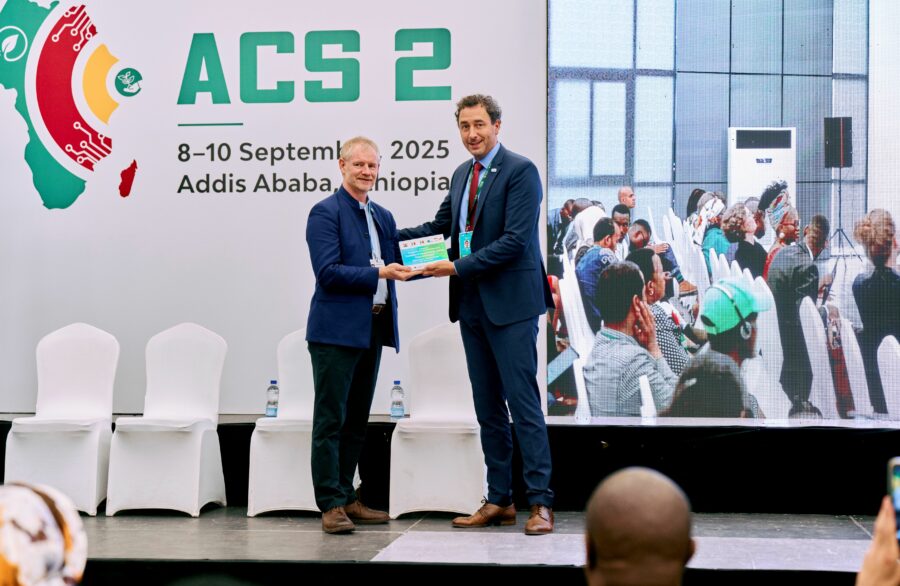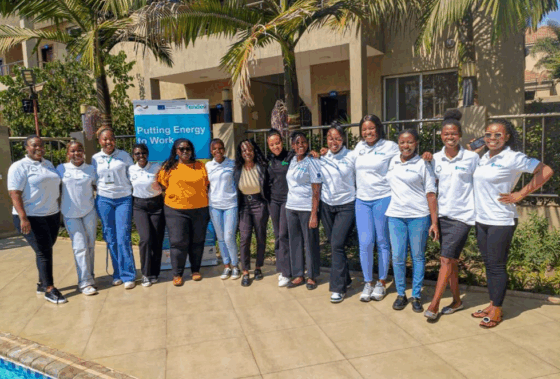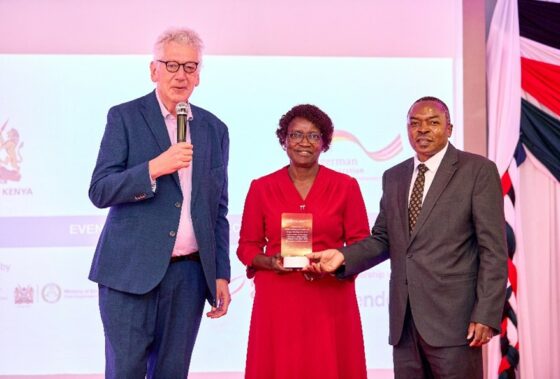Climate-Friendly Cooking: An African-led Solution for Climate Action and Energy Access
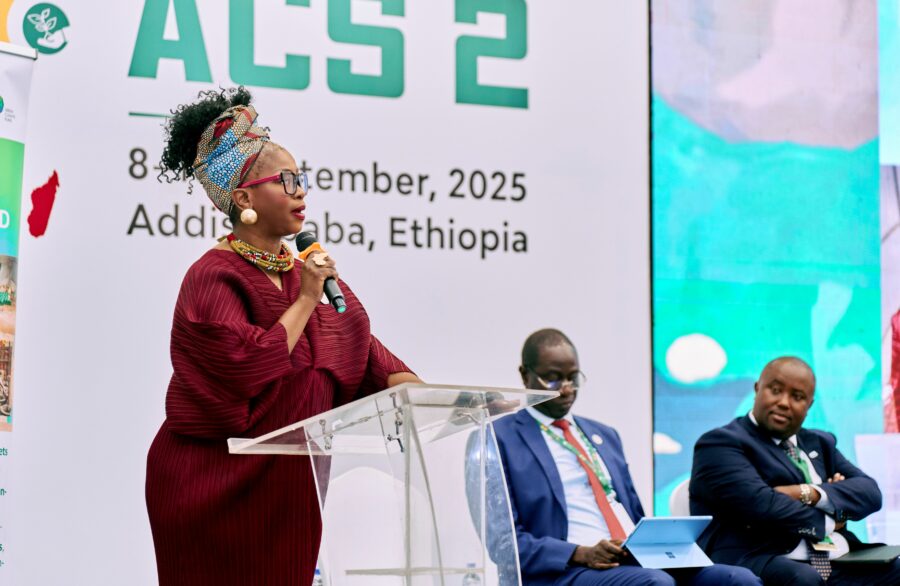
Climate-friendly cooking is emerging as one of Africa’s most impactful solutions for sustainable development. By reducing emissions, strengthening markets, and creating jobs, it is proving to be a driver of both climate action, energy access and inclusive growth across the continent.
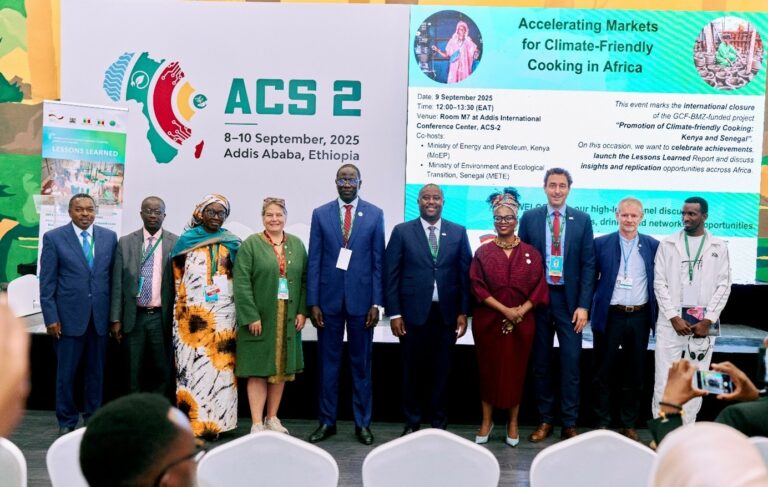
This vision was at the heart of the Green Climate Fund (GCF) and Federal Ministry for Economic Cooperation and Development (BMZ) funded project “Promotion of Climate-Friendly Cooking: Kenya and Senegal.” At the second Africa Climate Summit in Addis Ababa, Ethiopia, the project held its international closing event “Accelerating Markets for Climate-Friendly Cooking in Africa – Energy Access meets Climate Mitigation”. It brought together governments, funders and development partners to reflect on five years of progress and lessons. More than 100 participants excitedly listened to the exchange about future scaling and replication of the professionalisation and mitigation approach in other countries across Africa.
National Leadership Driving Change
In Senegal, the project supported the government’s National Strategy for Clean Cooking Fuels and Biofuels 2025 – 2035, offering a clear roadmap for universal access. Minister of Environment, Sustainable Development and Ecological Transition, H.E. Professor Daouda Ngom, emphasised the momentum created: “Markets and the private sector in Senegal have grown with this massive investment.”
Kenya has also taken bold steps by embedding clean cooking in the Revised National Energy Policy 2025 – 2034 and adopting a National Cooking Transition Strategy 2024 – 2028. Mr. Alex Wachira, Principal Secretary, Ministry of Energy and Petroleum, reaffirmed the government’s position: “Kenya is a committed partner to bring clean cooking forward… focusing on innovation, resilience, and sustainability.”
The African Union Commission reinforced the continental perspective. H.E. Lerato D. Mataboge, Commissioner African Union: Infrastructure & Energy & Energy alerted: “Clean cooking is not just about stoves and fuels, it is about dignity, health, empowerment, and climate action. Africa has the solutions, and with stronger partnership and collaboration, we will deliver them for our people.” She acknowledged this project “Promotion of Climate-friendly Cooking: Kenya and Senegal” as a good example for an Africa-led solution.
Climate Financing Enabling Transformation
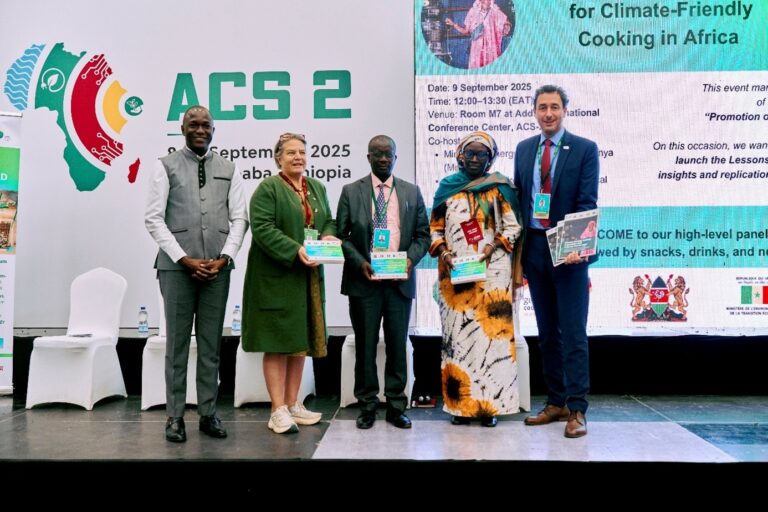
Climate-friendly cooking is already delivering results by cutting greenhouse gas emissions, strengthening markets, and creating jobs. It supports national climate commitments while opening opportunities for inclusive economic growth. With continued partnerships, greater financing, and replication of proven models, million more households across Africa can gain access to clean, modern, and sustainable cooking solutions in the years ahead.
Reflecting on the project´s achievements and lessons learned, Dr. Euan Low, GCF Regional Lead for East and Southern Africa highlighted: “The Lessons Learned are phantastic! There are so much we have learned, we need share the lessons and scale up this approach! We want to see deeper conversations also progressing to programmatic actions to extrapolate and accelerate what has been done and learned in this Promotion of Climate-friendly cooking project.”
And Dr. Annette Windmeißer, Deputy Director for Climate, Energy and Environment and Head of Climate Finance Division at the Federal Ministry of Economic Cooperation and Development (BMZ), stated “This project has produced results: for children, women, and local economies. We saw commitment of partner countries, the right regulatory frameworks and local financing – this was the foundation to bring on board multilateral financing.”
From Lessons Learned to Scalable Solutions
The event was a landmark for two milestones: the celebratory ceremony recognising the leadership of Kenya and Senegal alongside the contributions of all partners as well as the launch of the Lessons Learned Report, which documents practical learnings and success factors.
The report highlights proven transformational approaches, such as the professionalisation approach with its performance-based incentives and business development support, and the integration of climate-friendly cooking into national policies and into the NDC reporting framework. These approaches and learnings can be scaled to accelerate access across Africa.
Find the full report here: Climate-friendly cooking: A Paradigm Shift in Kenya and Senegal
As Alexander Haack, Programme Director at GIZ, said: “We managed to understand the interest of the different involved parties – and in this way made sure to drive the market for the benefit of the people.” And as the project has come to an end, we are ready to share our learnings for replication.
For further exchange please contact: verena.brinkmann@giz.de

